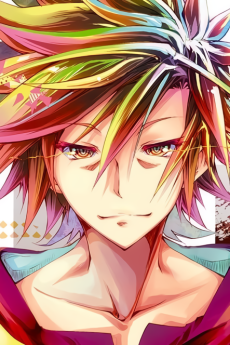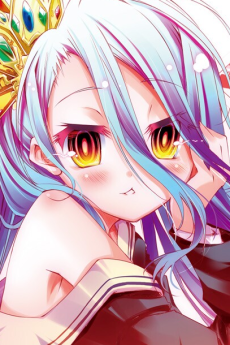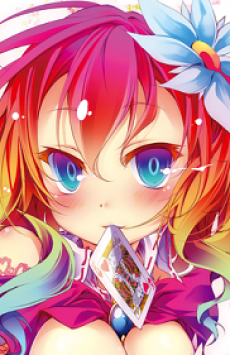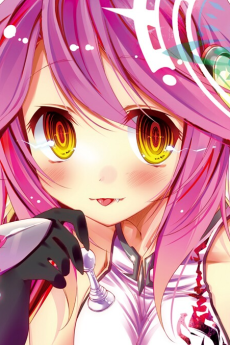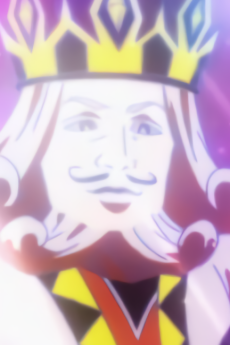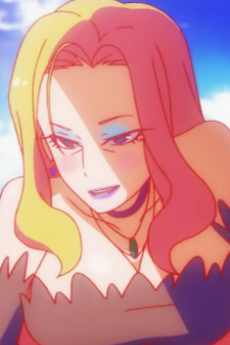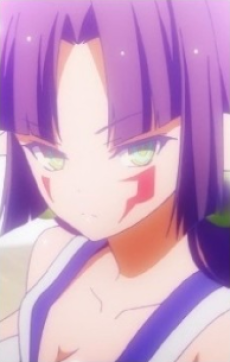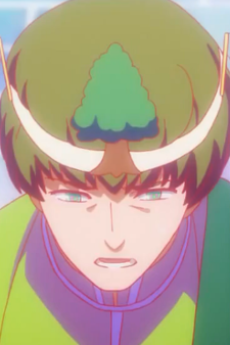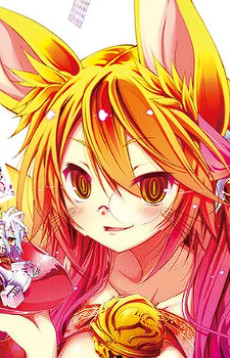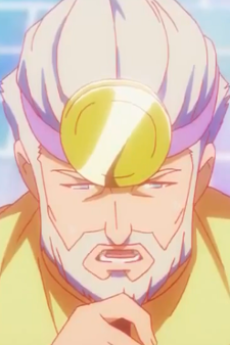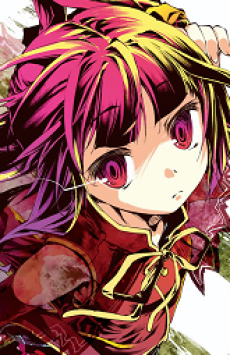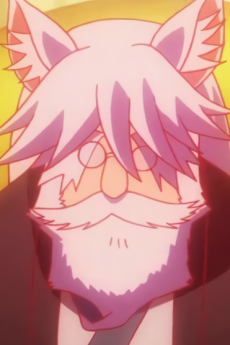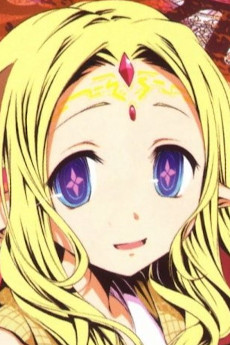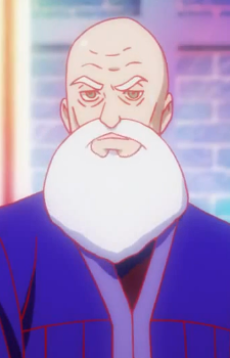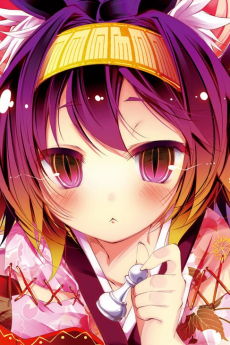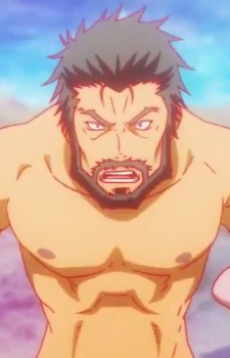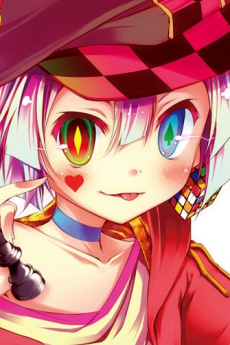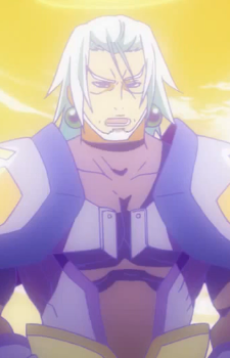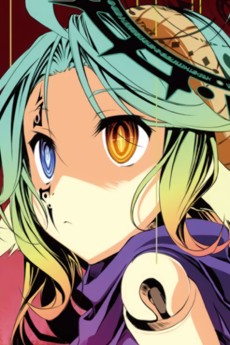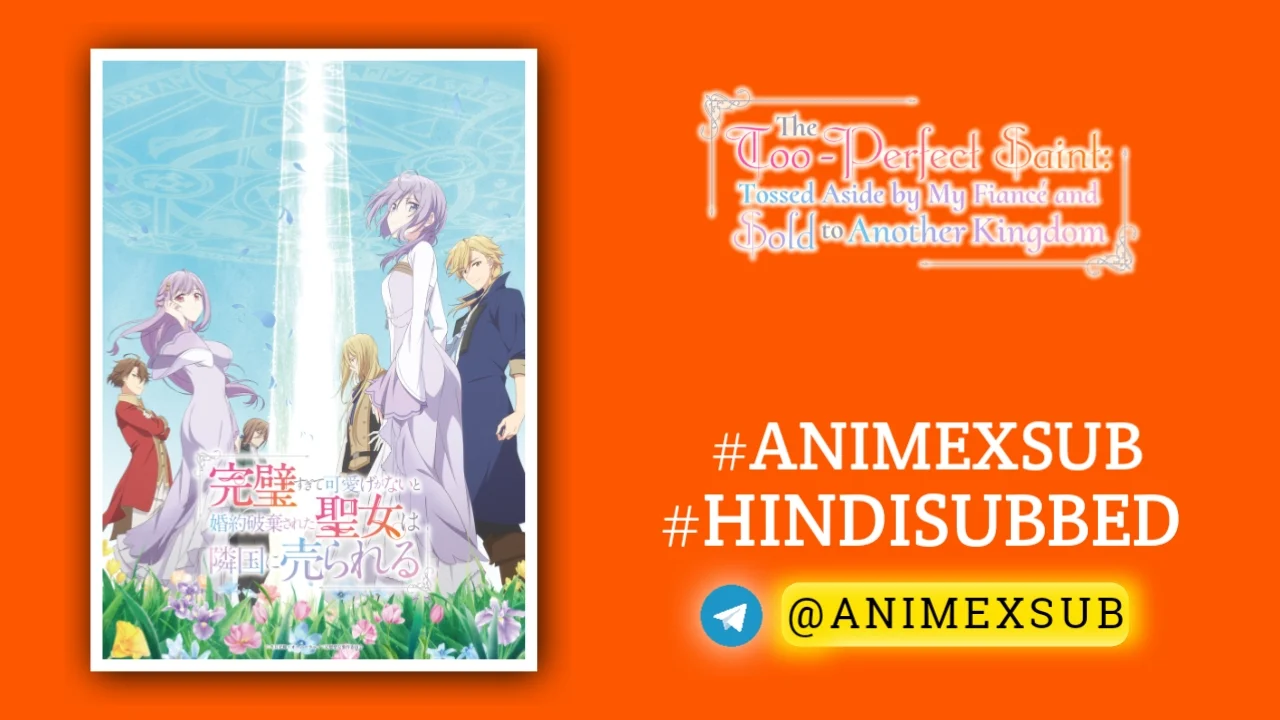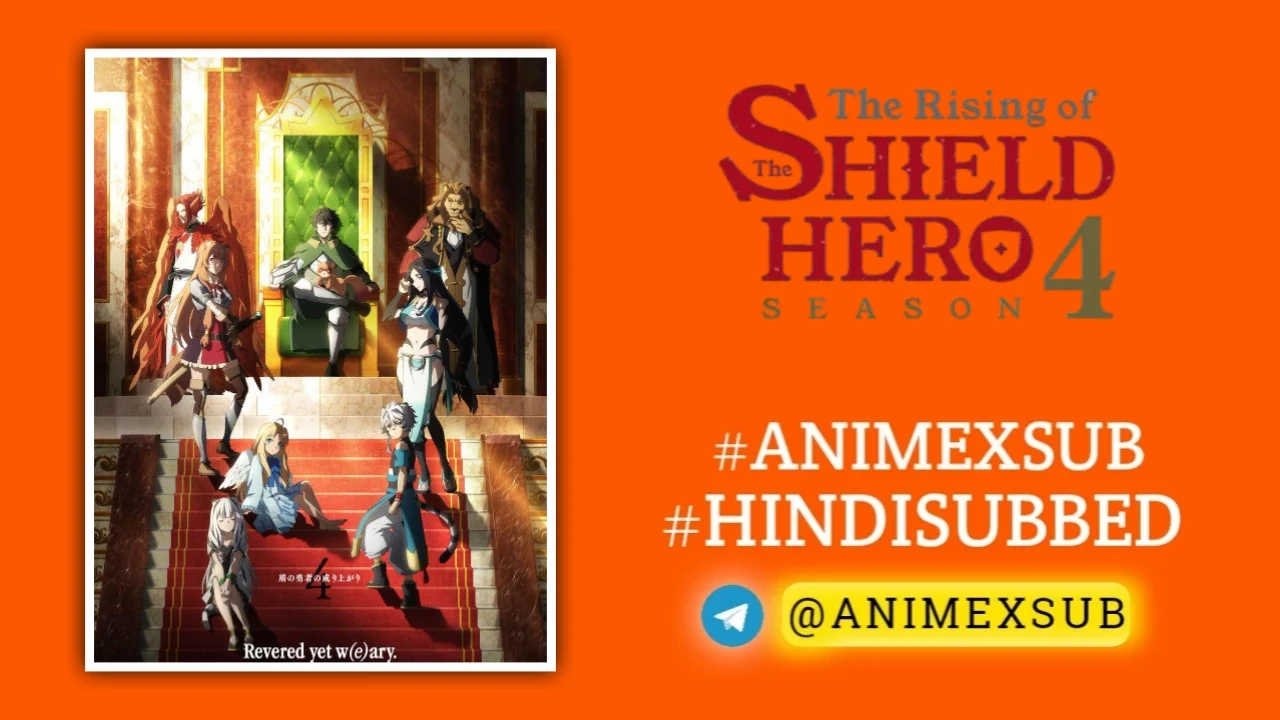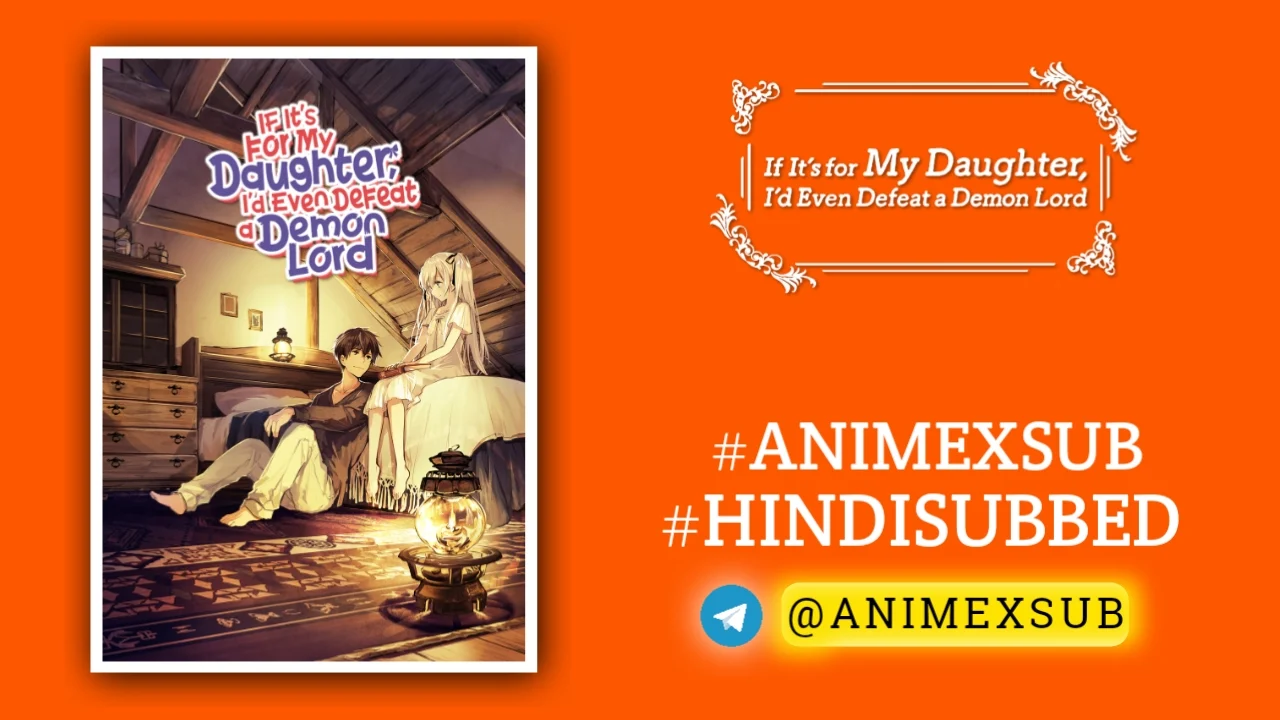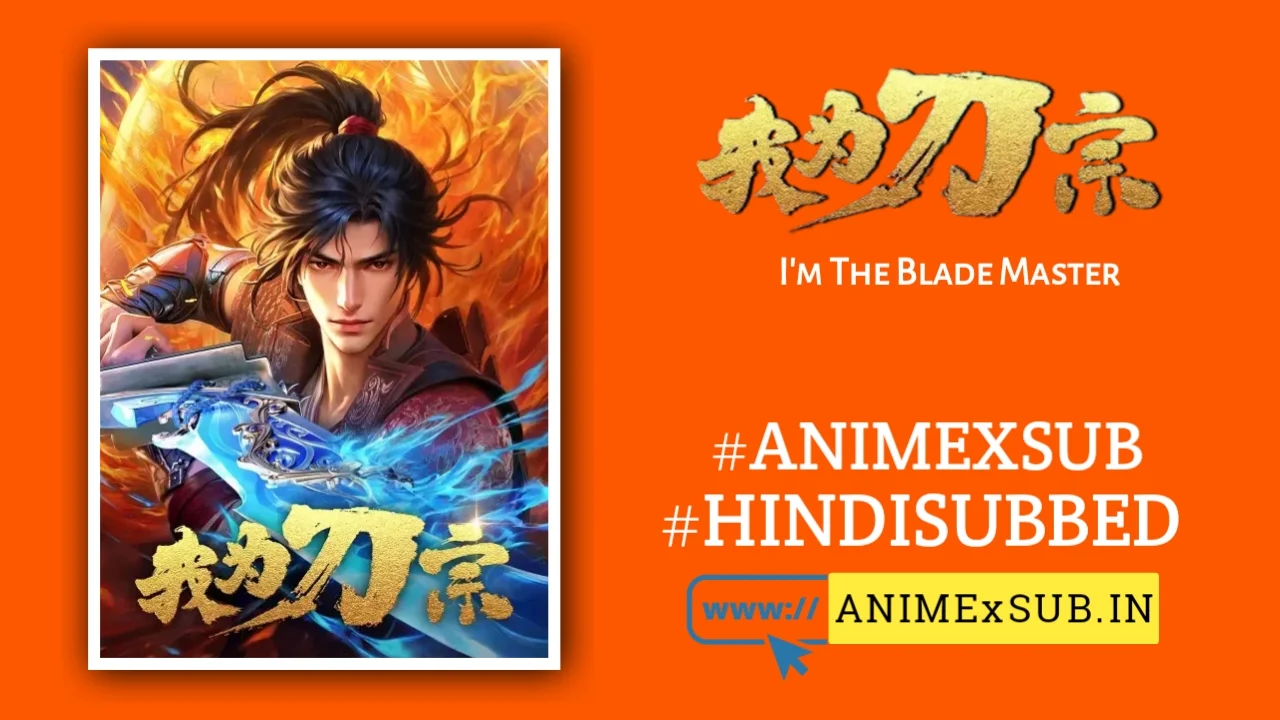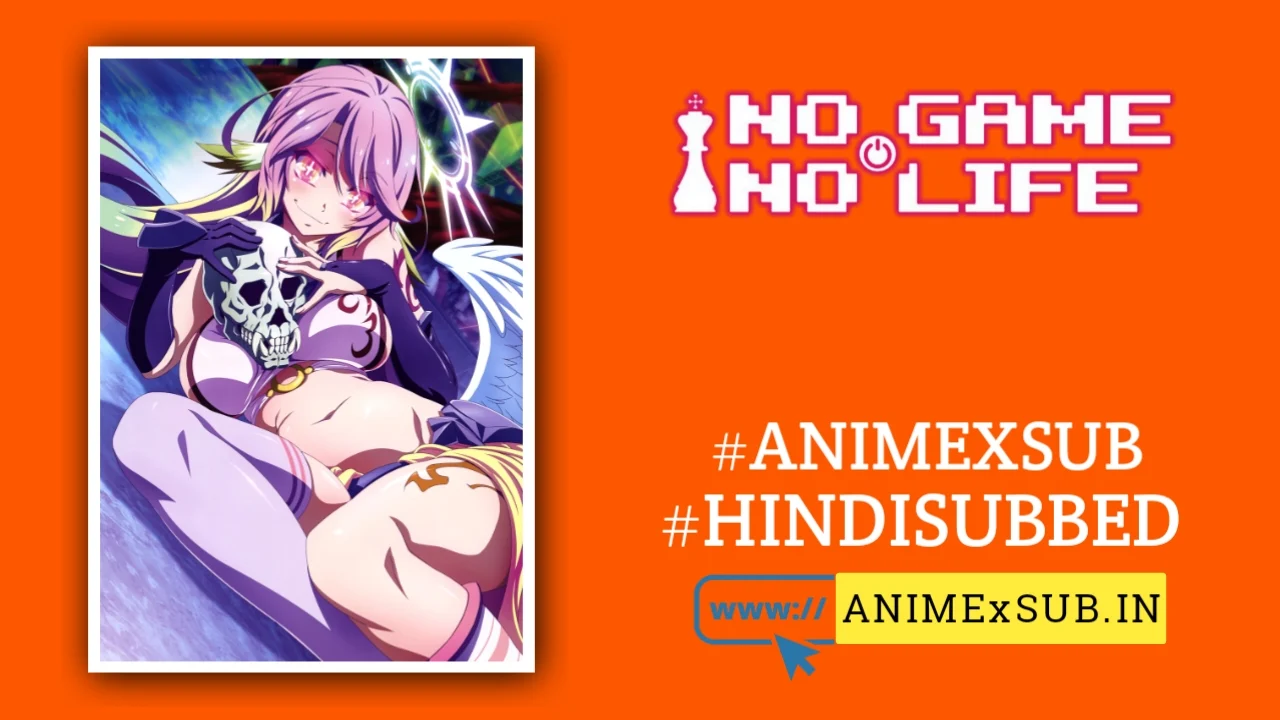
No Game No Life Hindi Subbed [12/12] | No Game, No Life Hindi Sub

No Game No Life
No Game, No LifeSynopsis
Bored with life and considering the real world to be just a “crappy game,” savvy sibling shut-ins Sora and Shiro have withdrawn into their own fantasy world filled with video games. However, one day they find themselves summoned to another world by a boy who calls himself “God,” their abilities are about to be put to the ultimate test! Now not only their fates — but the fate of all of humanity — will be decided by a series of games that may just be the hardest these super-geniuses have ever faced! (Source: Sentai Filmworks, edited)
Watch Trailer
Characters
No Game No Life Season 1: A Cerebral Masterpiece of Strategy and Subversion
No Game No Life Season 1, released in 2014 by Madhouse, is a vibrant, intellectually stimulating anime that redefines the isekai genre with its razor-sharp wit, psychological depth, and unapologetic defiance of narrative norms. Based on Yuu Kamiya’s light novel series, it follows Sora and Shiro, the sibling duo known as Blank, undefeated gamers transported to Disboard—a world where all conflicts, from trivial bets to global wars, are resolved through games. What sets this anime apart is its refusal to be just another escapist fantasy, instead weaving a narrative that’s as much about human psychology, societal critique, and strategic brilliance as it is about high-stakes gaming.
A World Built on Games, Not Clichés
Disboard’s premise—where a god, Tet, decrees that violence is replaced by games governed by ten covenants—is deceptively simple. These rules, like “no cheating” and “all bets must be honored,” create a framework where intellect, deception, and foresight reign supreme. Unlike many isekai that lean on overpowered protagonists or predictable power scaling, No Game No Life thrives on cerebral battles. Each game, whether it’s chess with living pieces or a word-chain duel that manipulates reality, feels like a psychological chess match. The show’s ability to make a game of rock-paper-scissors feel like a life-or-death gambit is a testament to its inventive writing and pacing.
The world-building is meticulous yet organic, revealing Disboard’s 16 sentient races, ranked by magical affinity, through Sora and Shiro’s conquests. Humanity, ranked lowest as Imanity, is portrayed as magic-less and underestimated, setting the stage for the siblings’ audacious mission to outwit every opponent and challenge Tet himself. This underdog narrative avoids tired tropes by focusing on intellectual superiority over brute strength, with each victory earned through cunning, not plot armor.
Sora and Shiro: A Symbiotic Protagonist Duo
Sora, the charismatic manipulator, and Shiro, the analytical prodigy, are among anime’s most compelling protagonists. Their co-dependency—Sora’s confidence falters without Shiro’s calculations, and Shiro’s social anxiety cripples her without Sora’s bravado—makes them feel human despite their near-mythical gaming prowess. Their dynamic isn’t just a gimmick; it’s a narrative cornerstone that explores themes of trust, isolation, and the power of unity. Blank’s refusal to lose isn’t arrogance but a calculated certainty born from their complementary skills, making their victories feel earned and exhilarating.
The siblings also subvert isekai stereotypes. Sora’s manipulative charm and Shiro’s cold genius make them morally ambiguous, willing to bluff, cheat within the rules, or exploit psychological weaknesses. Yet, their goal—to uplift Imanity and conquer Disboard—gives them a noble edge, creating a layered portrayal that avoids the one-dimensional “chosen one” archetype.
Visual and Auditory Brilliance
Madhouse’s animation is a visual feast, with Disboard’s kaleidoscopic aesthetic—vivid reds, purples, and blues—mirroring the chaotic stakes of its games. The art style shifts dynamically to reflect game mechanics, from surreal dreamscapes to hyper-detailed chessboards, keeping viewers visually engaged. Character designs, like Steph’s expressive exasperation or Jibril’s ethereal menace, amplify personality without relying on clichés. The soundtrack, composed by SuperSweep, blends orchestral intensity with electronic pulses, perfectly matching the show’s high-energy tone. The opening, “This Game” by Konomi Suzuki, is an anthem of defiance, encapsulating the series’ core spirit.
Themes That Cut Deep
Beyond its gaming spectacle, No Game No Life is a meditation on human potential and societal flaws. Sora and Shiro, NEETs in their original world, are outcasts who find purpose in Disboard, highlighting how society often overlooks unconventional genius. The show critiques blind faith in systems—whether it’s Disboard’s game-based hierarchy or real-world meritocracies—by showing how rules can be gamed by those who understand them best. It also explores trust and betrayal, as every game hinges on reading opponents’ intentions, making each episode a psychological thriller disguised as a colorful fantasy.
Flaws That Don’t Break the Game
No show is perfect, and No Game No Life has quirks. Its fan service, while often played for humor (like Sora’s exaggerated lechery), can feel gratuitous and risks alienating viewers. The pacing, while brisk, occasionally rushes emotional beats, particularly in character backstories like Steph’s. The season’s 12-episode run ends on a cliffhanger, leaving some plot threads—like the broader implications of Blank’s alliance with other races—unresolved, which stings given the lack of a confirmed second season as of 2025. Yet, these flaws don’t overshadow the show’s strengths; they’re minor missteps in an otherwise airtight narrative.
Why It Stands Out
What makes No Game No Life Season 1 a next-level anime is its refusal to pander. It trusts its audience to keep up with complex strategies, from probability manipulation to exploiting game mechanics, without spoon-feeding explanations. It balances humor, heart, and tension, making you laugh at Sora’s snark, cheer for Shiro’s brilliance, and gasp at their near-failures. The show’s meta-awareness—Sora and Shiro treat Disboard like a game they can hack—feels fresh, especially in a genre often bogged down by formulaic quests.
A Legacy That Endures
No Game No Life Season 1 isn’t just an anime; it’s a bold statement that games, like life, reward those who think several moves ahead. Its influence is evident in how later isekai series emphasize strategy over swordplay, yet few match its intensity or originality. For fans of intellectual battles, vibrant aesthetics, and protagonists who win through wit, this series is a must-watch. It’s a rare gem that doesn’t just entertain—it challenges you to play the game of understanding its world and its characters. Even years later, it remains a benchmark for what anime can achieve when it dares to break the rules.
Support Our Anime Community!
Love watching the latest anime? Help us keep uploading new episodes by join telegram channel ❤️
Join Now!